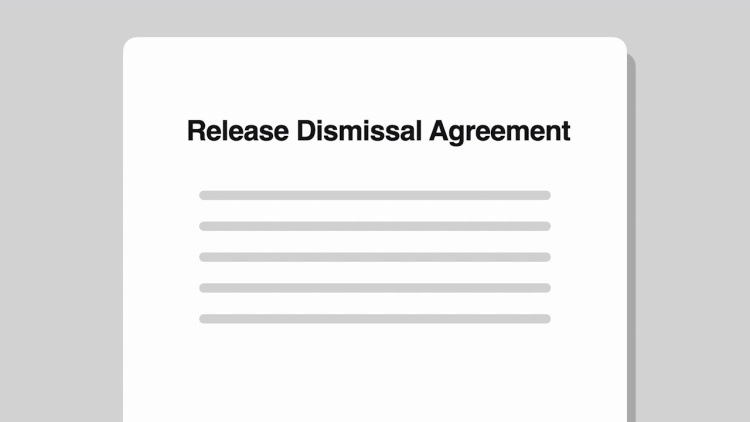Newton v. Rumery
United States Supreme Court
480 U.S. 386 (1987)
- Written by Shelby Crawford, JD
Facts
Rumery (defendant) was arrested and charged with tampering with a witness. Rumery’s attorney reached an agreement with the county attorney whereby Rumery would agree not to sue the town and the charges against Rumery would be dropped. Rumery signed the release-dismissal agreement. Ten months later, Rumery sued the town of Newton under 42 U.S.C. § 1983 for violating his constitutional rights by arresting, defaming, and falsely imprisoning him. Section 1983 is a federal law that allows an individual to sue state officials for violating his constitutional rights while acting under “color” of state law. The town of Newton moved to dismiss the charges and asserted the release-dismissal agreement as an affirmative defense. Rumery claimed that the release-dismissal agreement was against public policy and therefore unenforceable. The court rejected his argument, holding that the release-dismissal agreement was valid if it was the result of a voluntary, informed decision. Rumery appealed. The appellate court reversed and held that release-dismissal agreements were invalid per se. The Supreme Court granted certiorari.
Rule of Law
Issue
Holding and Reasoning (Powell, J.)
Concurrence (O’Connor, J.)
Dissent (Stevens, J.)
What to do next…
Here's why 907,000 law students have relied on our case briefs:
- Written by law professors and practitioners, not other law students. 47,100 briefs, keyed to 996 casebooks. Top-notch customer support.
- The right amount of information, includes the facts, issues, rule of law, holding and reasoning, and any concurrences and dissents.
- Access in your classes, works on your mobile and tablet. Massive library of related video lessons and high quality multiple-choice questions.
- Easy to use, uniform format for every case brief. Written in plain English, not in legalese. Our briefs summarize and simplify; they don’t just repeat the court’s language.





